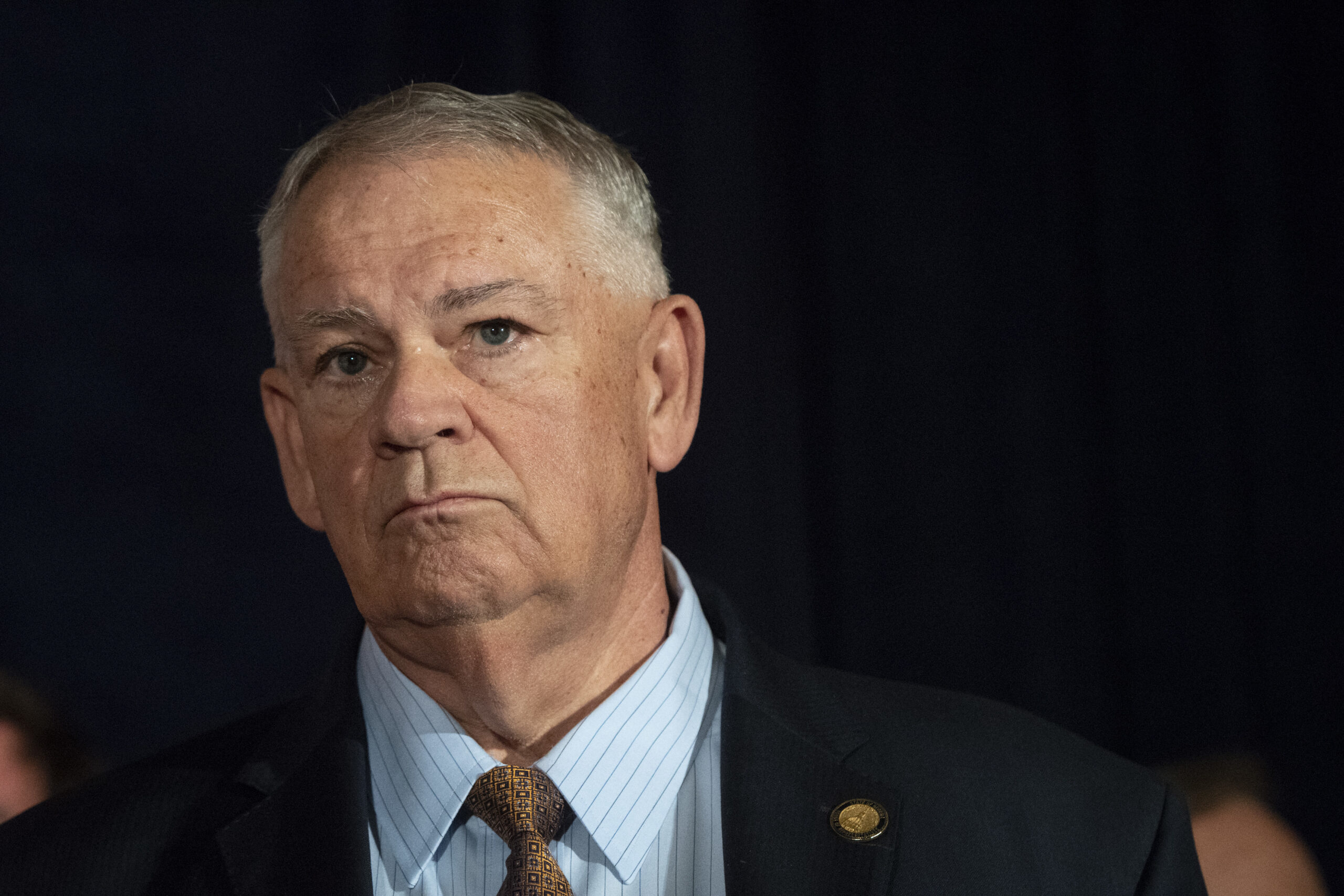Voters in metro Atlanta and across other parts of Georgia waited in long lines to vote in the state’s primary Tuesday.
The pandemic meant fewer polling places and many new poll workers, some of whom were unfamiliar with the state’s new voting equipment.
Georgia House Speaker David Ralston says the problems weren’t isolated to the Atlanta area.
“We were getting reports from northeast Georgia, from southeast Georgia, from all regions of the state about these kinds of problems, and so it was not limited just to the metro area,” said Ralston.
The Georgia secretary of state’s office has placed much of the blame for the lines and issues with voting machines on a lack of preparation by counties, including Fulton and DeKalb. But Ralston says the state has a role to play in training.
“We have to do a better job of training both the workers as well as those who train the workers at the local level, said Ralston. “I think there’s a role – a large role — there for the state and one that I want to find out how well we discharged that yesterday.”
Ralston maintained his view that Secretary of State Brad Raffensperger rushed to push vote-by-mail when he sent out 6.9 million absentee ballot applications back in March.
“We weren’t advised here in the House of Representatives until a week or so prior to the public announcement that this was being done. And it’s a big deal, I mean, it’s a big undertaking, and I don’t know that we were ready for it. That’s one of the things I want us to look at.”
More than a million voters applied for absentee ballots. While hundreds of thousands returned them, some never actually received their ballot.
Ralston has asked the House Governmental Affairs Committee to investigate what went wrong in Tuesday’s election.









